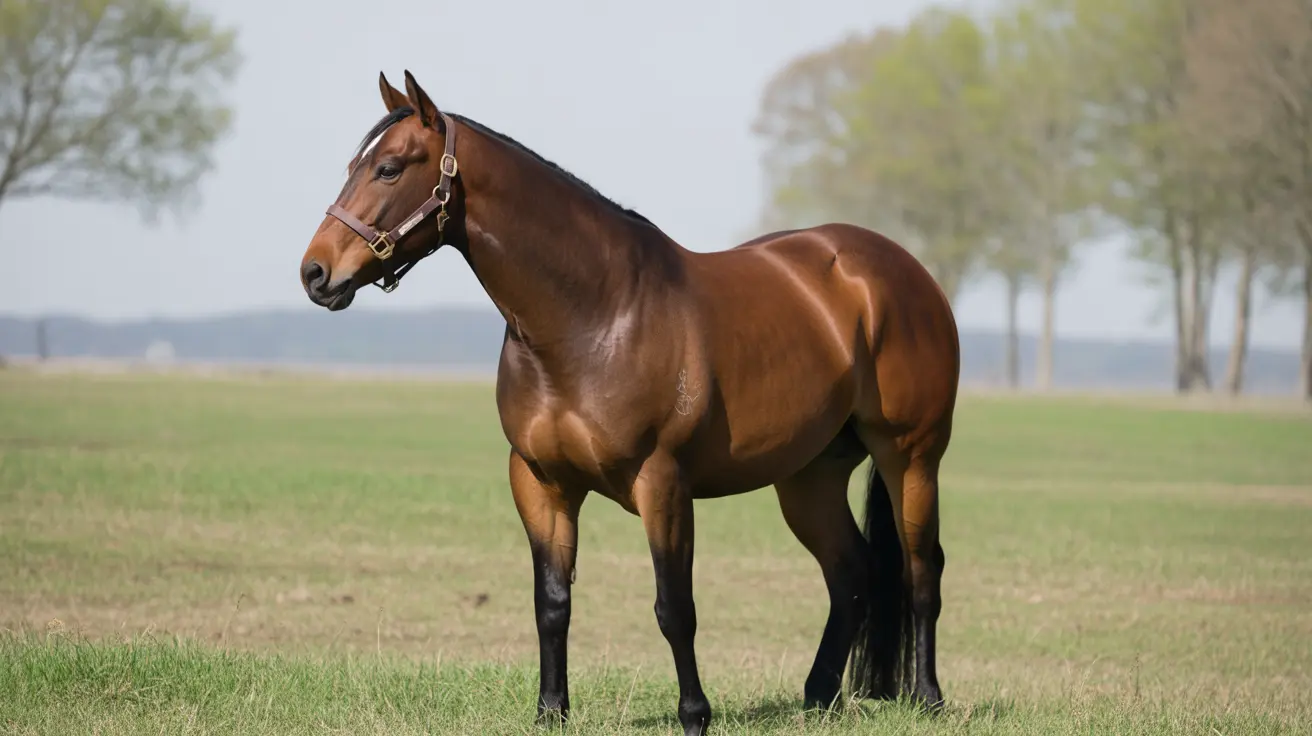A remarkable case of animal heroism has brought Virginia animal cruelty laws into sharp focus after a courageous horse led police to the discovery of 54 abused animals. This extraordinary rescue operation demonstrates both the intelligence of animals and the critical importance of robust animal protection legislation in the Commonwealth of Virginia.
The incident highlights how animals themselves can become instrumental in exposing cruelty cases, while also raising questions about recognition for hero animals in law enforcement and the adequacy of current legal protections for vulnerable pets and livestock across the state.
Horse Leads Animal Rescue in Unprecedented Virginia Case
The hero horse's actions resulted in one of the most significant animal abuse rescue Virginia operations in recent memory. When authorities followed the horse's lead, they uncovered a disturbing scene involving dozens of animals in various states of neglect and abuse. This case underscores the importance of remaining vigilant for signs of animal abuse in our communities.
Animal rescue operations Virginia typically rely on human reports and routine inspections, making this horse-led discovery particularly unique. The incident has sparked conversations about how animals can serve as unexpected allies in law enforcement efforts to protect their fellow creatures.
Understanding Virginia's Animal Protection Laws
Virginia animal welfare legislation provides a framework for protecting animals from cruelty and neglect. The state's legal system recognizes both misdemeanor and felony animal cruelty Virginia charges, depending on the severity and circumstances of the offense.
Under current Virginia animal cruelty laws, perpetrators can face significant penalties ranging from fines to imprisonment. The distinction between misdemeanor and felony charges often depends on factors such as the intent of the abuser, the extent of harm caused, and whether the abuse was part of a pattern of behavior.
Felony Animal Cruelty Virginia: Serious Consequences
Felony animal cruelty Virginia cases involve the most severe forms of abuse, including torture, willful infliction of severe injury, or killing of animals. These charges carry substantial penalties, including potential prison time and significant fines. The recent case involving 54 animals could potentially result in felony charges given the scale and apparent systematic nature of the abuse.
Recognizing Animal Neglect and Reporting Procedures
Pet owners and community members play a crucial role in identifying and reporting animal cruelty Virginia incidents. Recognizing animal neglect involves watching for warning signs such as malnourishment, inadequate shelter, lack of veterinary care, and behavioral indicators of trauma or fear.
Common signs of animal abuse include:
- Visible injuries or untreated wounds
- Extreme thinness or malnourishment
- Animals left outside in harsh weather without adequate shelter
- Overcrowded living conditions
- Animals showing signs of fear or aggression toward humans
When reporting animal cruelty Virginia residents should contact local animal control Virginia authorities or law enforcement agencies. Detailed documentation, including photographs when safely possible, can strengthen cases against abusers.
The Role of Animal Control Virginia Agencies
Animal control Virginia departments serve as the front line of defense against animal cruelty. These agencies investigate reports, conduct inspections, and work with law enforcement to build cases against violators. The hero horse case demonstrates how even the most unexpected sources can aid these professionals in their vital work.
Effective animal control requires adequate funding, trained personnel, and community support. Many jurisdictions are exploring innovative approaches to animal welfare, including specialized courts for animal cruelty cases and enhanced training for officers.
Hero Animals in Law Enforcement Recognition
The Virginia case raises important questions about recognizing animal contributions to law enforcement and rescue operations. While police dogs and other working animals often receive formal recognition, instances of spontaneous heroism by animals like this horse are less commonly acknowledged through official channels.
Some states have established programs to honor animals that demonstrate exceptional service or heroism. These recognition programs help raise awareness about animal intelligence and the important role animals play in our communities.
Frequently Asked Questions
- How did the hero horse in Virginia help police rescue 54 abused animals? The horse's specific actions led authorities to discover the location where 54 animals were being kept in abusive conditions. This remarkable case demonstrates animal intelligence and their potential role in exposing cruelty situations.
- What are the specific animal cruelty laws in Virginia that protect horses and other animals? Virginia animal cruelty laws include both misdemeanor and felony provisions. These laws protect all animals from neglect, abandonment, and intentional harm, with penalties ranging from fines to imprisonment depending on the severity of the offense.
- How can pet owners recognize signs of animal abuse and report them to authorities in Virginia? Signs include malnourishment, untreated injuries, inadequate shelter, and behavioral indicators of fear. Virginia residents should report suspected abuse to local animal control agencies or law enforcement with detailed documentation when safely possible.
Moving Forward: Strengthening Animal Protection
This extraordinary case serves as a powerful reminder of the need for continued vigilance in protecting animals from cruelty and neglect. The hero horse's actions not only saved 54 animals but also highlighted the intelligence and emotional capacity of animals to recognize and respond to suffering.
As communities across Virginia and beyond process this remarkable story, it reinforces the importance of robust animal protection laws, adequate funding for enforcement agencies, and recognition for the animals that help us create a more compassionate society for all creatures.






